Pension wars and quota protests: The manufactured divide
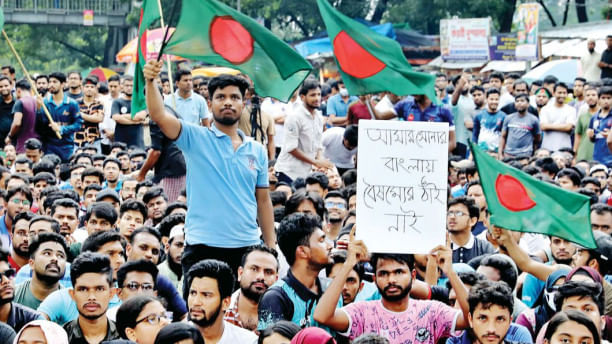
How does it feel to live in a society that seems to be melting from the bottom up, as well as from the top down? On one end of the pendulum, you see one of your country's biggest loan defaulters, aka one of the "Crazy Rich Asians," throwing a lavish wedding party in the Middle East. Then you witness common people groaning in front of the fish market, unable to afford anything except the throwaway guts and bones.
The "division bell" is responsible for creating a toxic climate in which our resentment for one another grows while our compassion for one another declines. Polarisation, rife with mutual fear and rage, is on the rise. Something dark and sinister is occurring. Our long-term sense of solidarity is fading; we are seeing a rise in isolationism and hostility. The problem is sociological. People blame rotten politics, social media, and moral or spiritual degradation for the venom's spread. It seems each group is on its own. We hardly give each other any thought until the issue flares close by.
Many divisive problems that pit one group against the other clearly show how our society is disintegrating. Public university teachers are on strike, calling for the protection of their pension rights. Students and job seekers have taken it to the streets, seeking an end to positive discrimination under the quota system that looms over half of government jobs. The court has overturned a previous decision to end quotas for the offspring of freedom fighters. The time is tough. A troubling pattern emerges that masks the deeper systemic issues through a calculated orchestration of conflict. In the process, the focus shifts from the real culprits who have brought our economy to a halt.
What do I mean by orchestration? The government's handling of the pension reform offers a case in point. Everyone welcomed the government's announcement last year of a universal pension package under four categories: Probash for expatriate Bangladeshis, Progoti for private service-holders, Surakkha for self-employed nationals, and Samata for those below the poverty line. The inclusion of Prottoy, a contributory pension scheme that affects new teachers joining from July 1, 2024, triggered the issue. This scheme is for all autonomous entities, among other bodies, funded by the government.
Once the details were revealed, the stakeholders found that they would be getting the short end of the stick. Why change the existing scheme and create a system through which incoming colleagues receive a different and disadvantageous payoff? Why separate the state-affiliated autonomous bodies from the state schemes? Why then, delay the pension scheme for civil servants by a year while maintaining secrecy about its details? The striking teachers have reason to believe that the intended parity and inclusivity promoted by the universal pension scheme are not universal after all.
The administration has made no secret of its intention to limit the scope of the teachers. Without consulting the teachers, authorities decided to implement a contributory pension scheme for new teachers, which does not include the existing one-time lump sum gratuity. This unilateral approach has not only sparked widespread outrage but has also further exacerbated the divide between the state and the educators who have long been the backbone of our society.
The policymakers have completely ignored the demands of the striking teachers. The finance minister, in charge of introducing a new contributory pension programme, called the protest "irrational." The education minister echoed the government's stance, stating that his office has nothing to do with it and that all new teachers have to follow the universal programme. Assigned to hear the teachers' side of the tale, the minister for road, transport, and bridges called off his planned meeting on Thursday, saying he had to first speak with the prime minister. The government is well aware that these teachers are not like those battery-rickshaw pullers who created mayhem to press home their demands. Given their lack of support, the teachers are likely to eventually yield. They are unlikely to get public support as they have failed to publicly oppose numerous other social injustices. They are on their own.
So much so, there is no communication between the teachers holding sit-in demonstrations inside the campus and the students staging protests at Dhaka's Shahbagh, each man for himself. Adding fuel to the fire, we see the civil servants creating a new list of perks and benefits: scholarships for higher studies, allocation of land and provision for housing societies, car loans, and selection grades. Their constant disregard for the teachers' community, whom they perhaps hate for their academic freedom, was evident when they requested a university of their own. Already, we have seen military professionals create their own universities to rehabilitate their officers or provide them with degrees for post-retirement job opportunities. The current socio-political landscape is characterised by a perilous game of division and control.
Teachers are now pitted against students, students against the government, and the mainstream media against anyone who dares to speak out. This coordinated conflict serves two purposes: it deflects attention from the rampant abuses of private entrepreneurs who use tax holidays and other incentives to launder money, and it diverts attention from the shortcomings of civil servants and military officials who are often involved in corruption scandals. It muffles the voice of civil society, which has the ability to speak.
In this climate of division, public anger and frustration have become palpable. This pervasive distrust has tainted our interactions with one another, whether on the road, in public spaces, or in our daily lives. A sense of betrayal and helplessness is increasingly driving us, unravelling the societal fabric.
As we navigate through this turbulent situation, it's crucial to understand the underlying issues: the systematic manipulation of social tensions to uphold the status quo for a select few, leaving the rest of us to bear the consequences. The consequences fall on the rest of us. The solution to these problems depends on a democratic climate that promotes openness, inclusion, and sincere communication.
Dr Shamsad Mortuza is professor of English at Dhaka University.
Views expressed in this article are the author's own.
Follow The Daily Star Opinion on Facebook for the latest opinions, commentaries and analyses by experts and professionals. To contribute your article or letter to The Daily Star Opinion, see our guidelines for submission.




 For all latest news, follow The Daily Star's Google News channel.
For all latest news, follow The Daily Star's Google News channel. 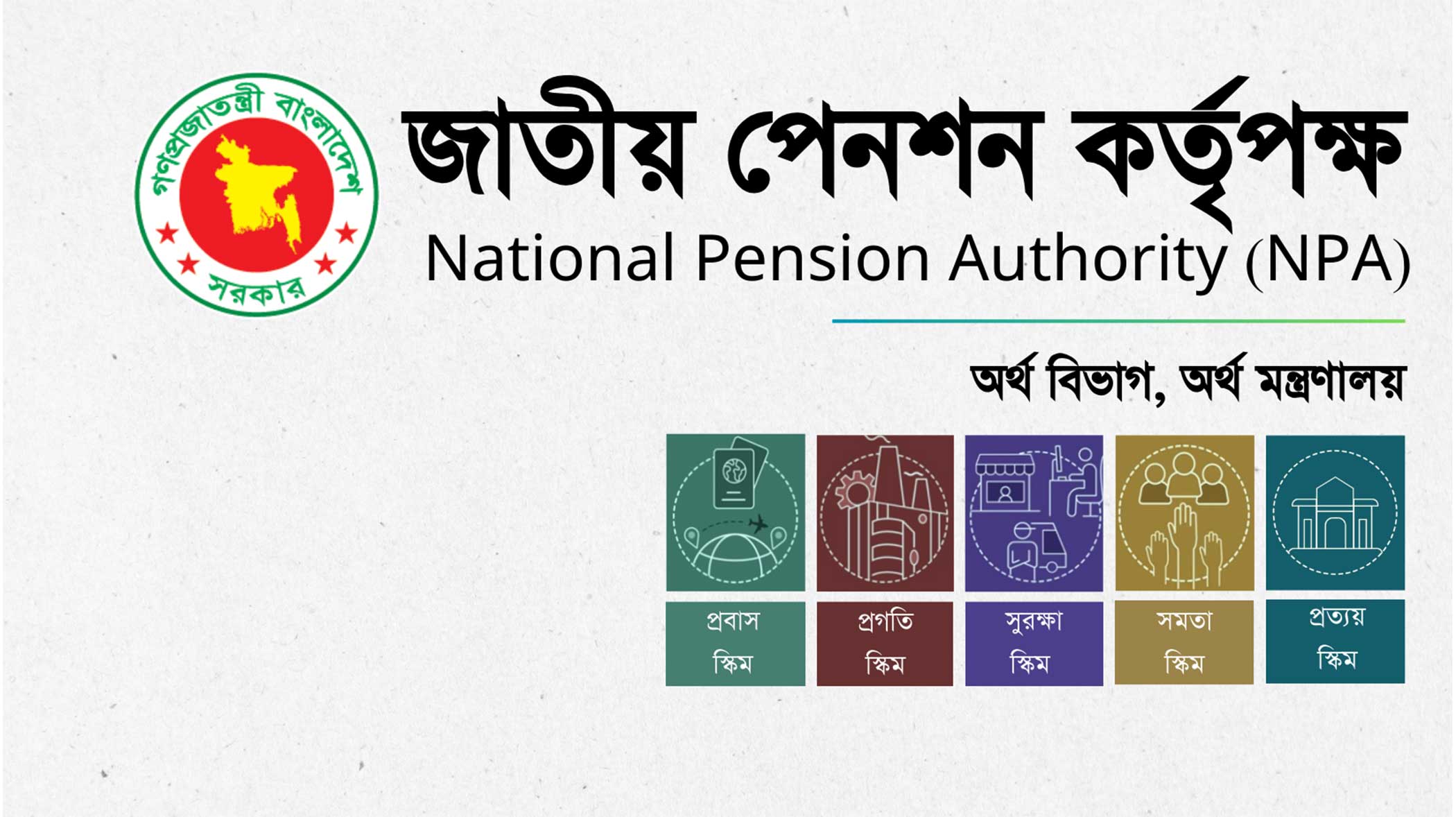
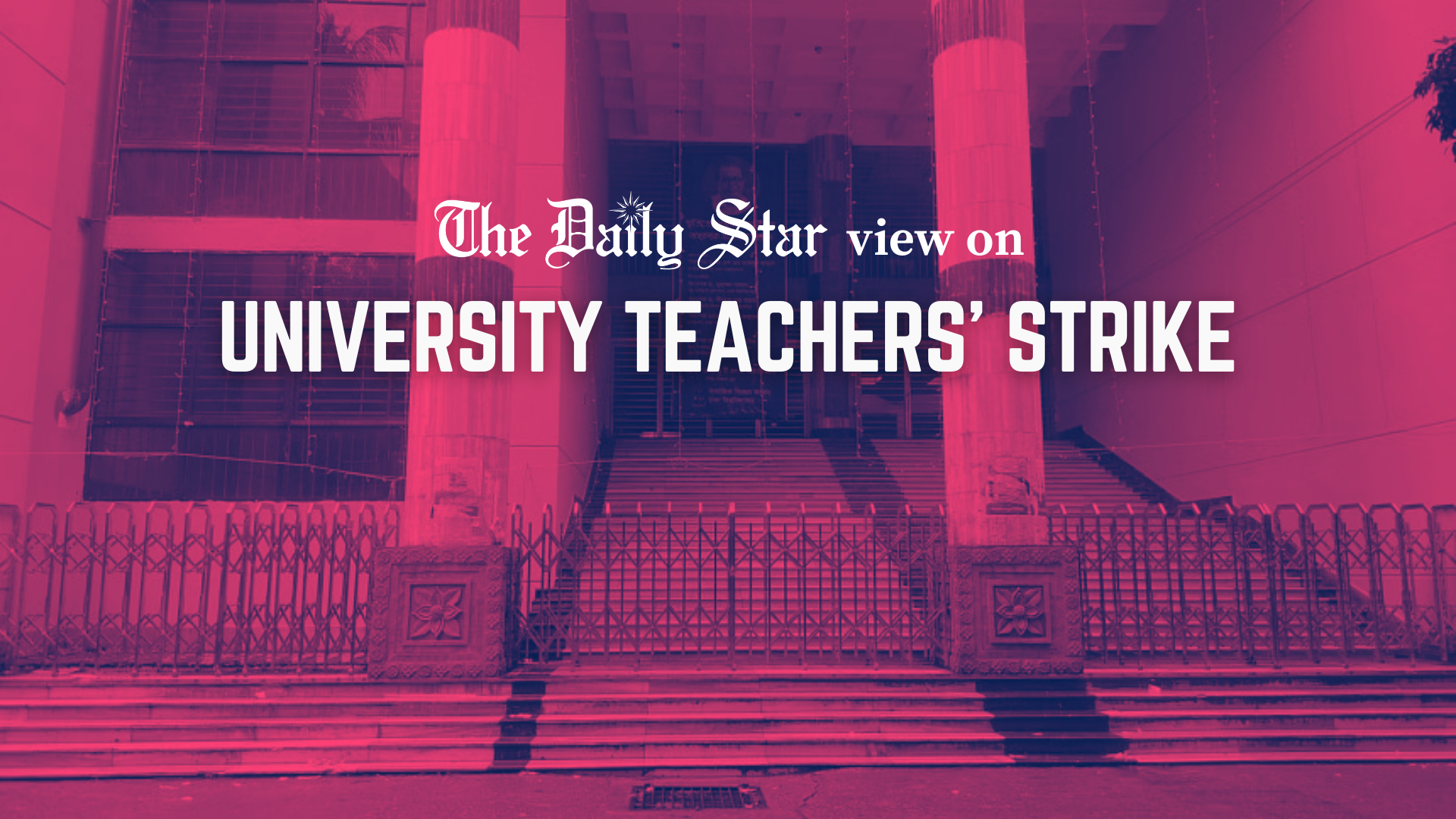
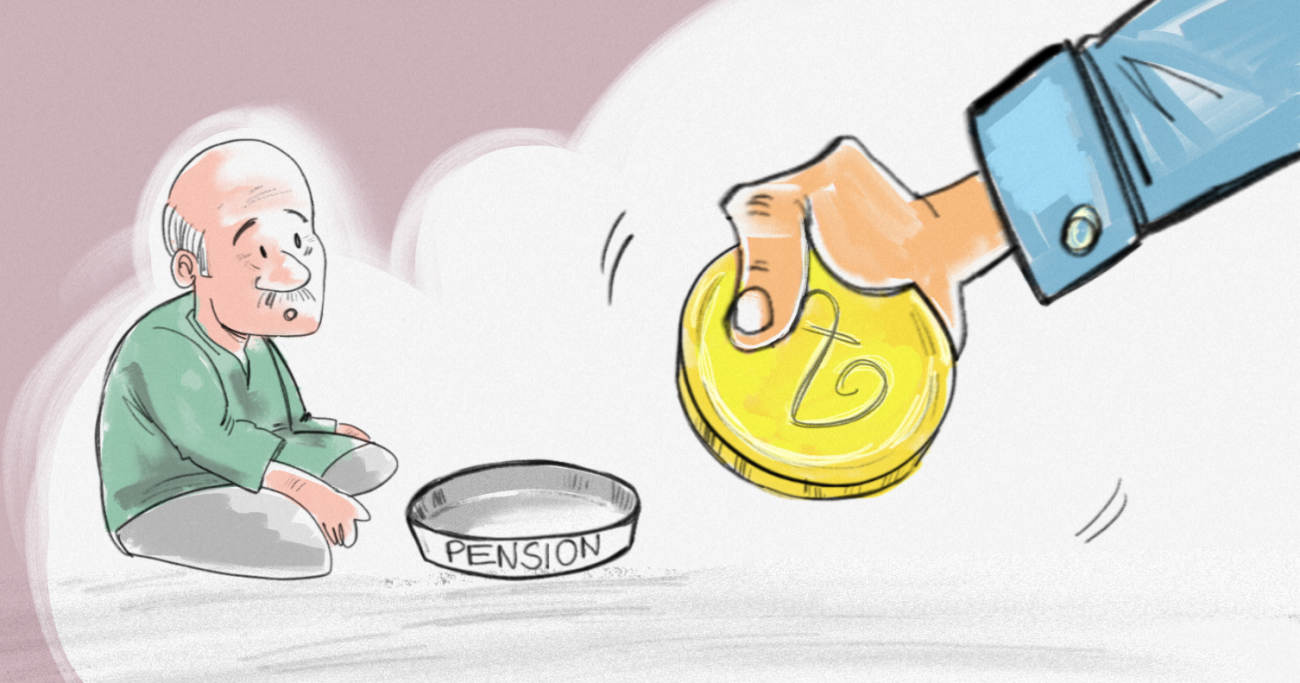
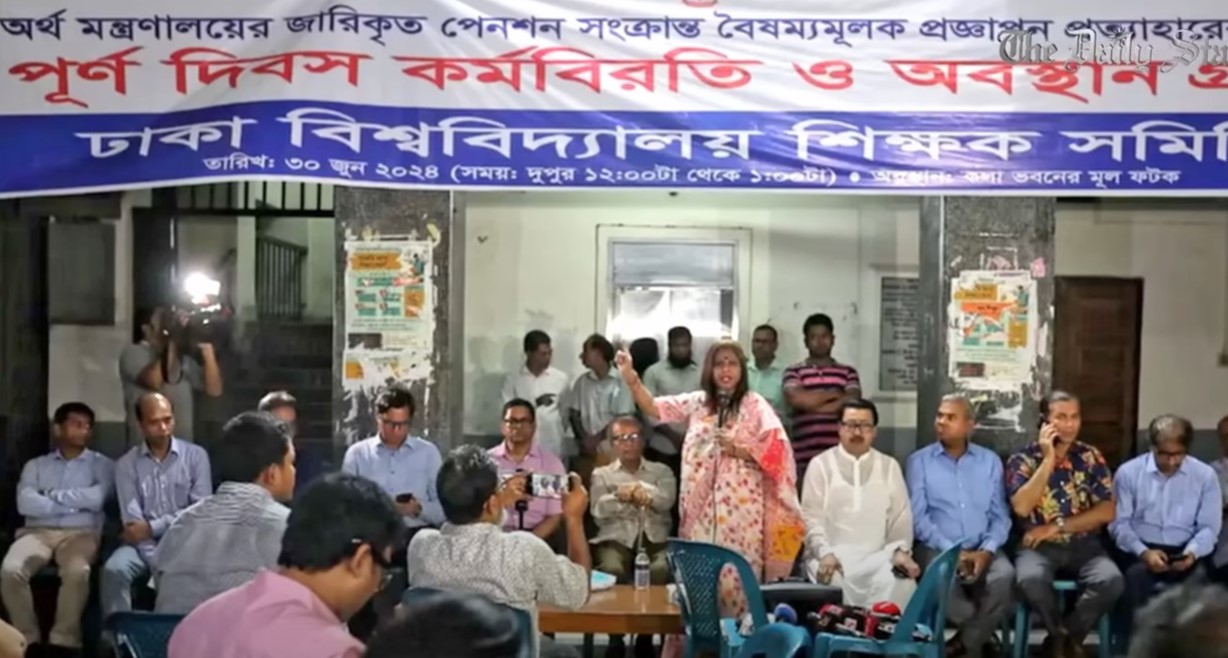
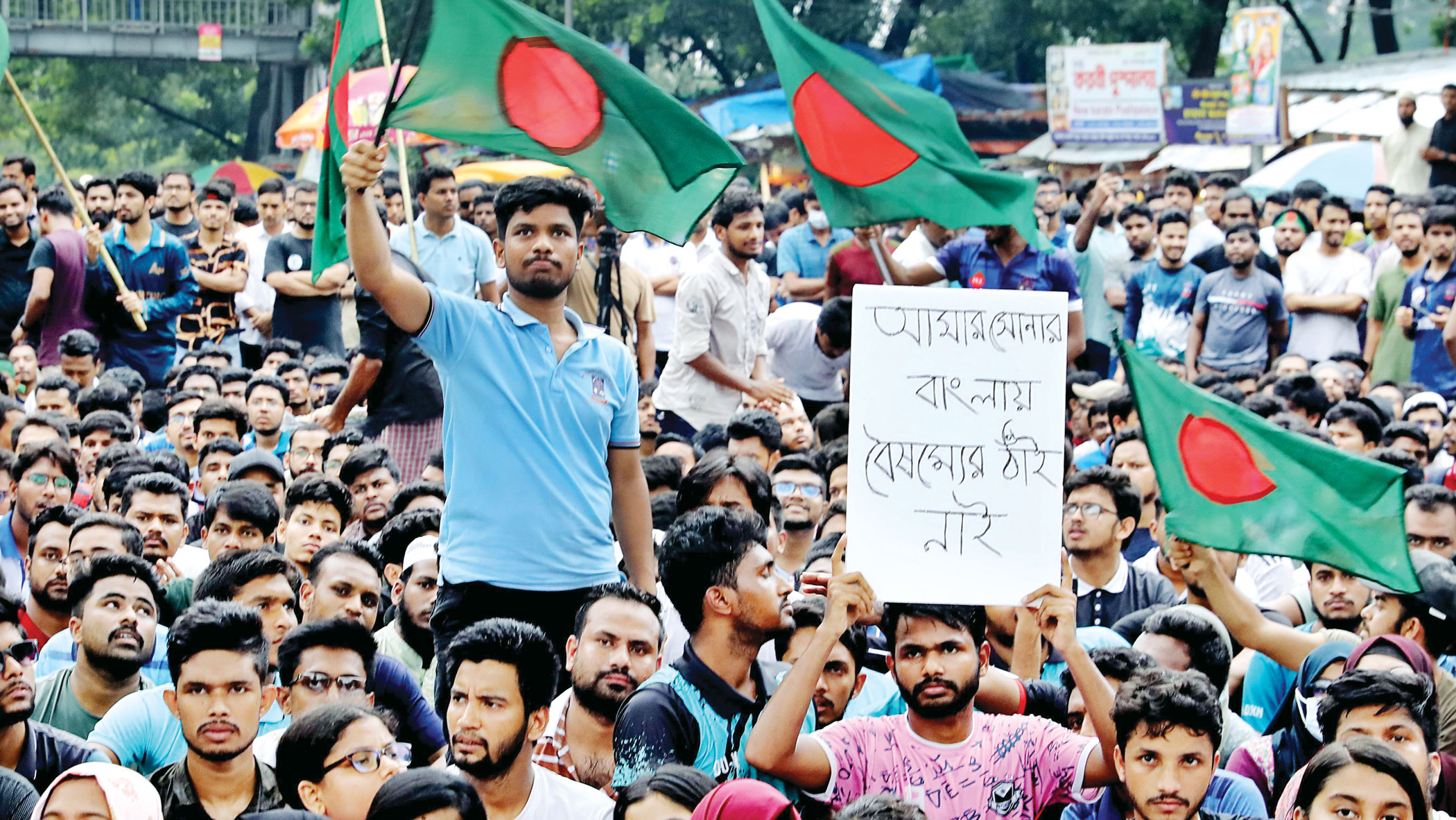
Comments